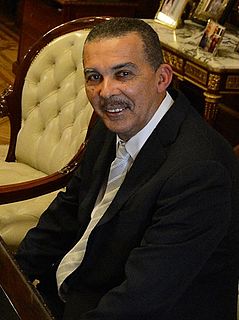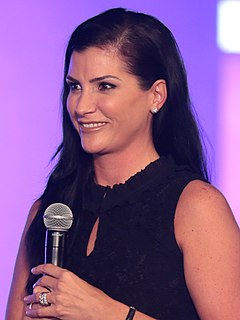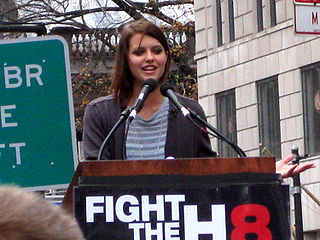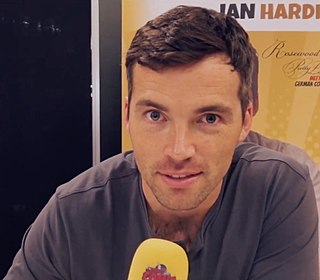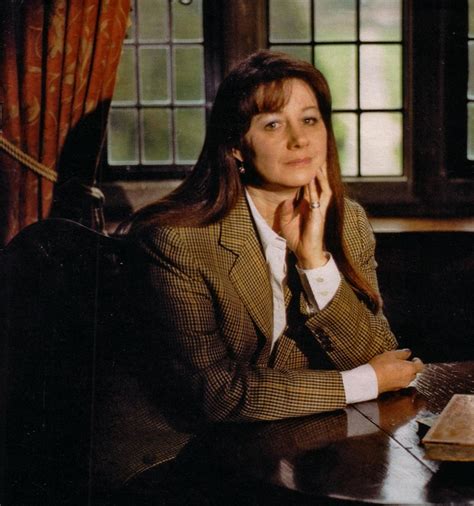A Quote by Anthony Carmona
There is a continuous stream of opinions on governance issues expressed daily, not only in our Parliament and in the print media, but also on talk-radio and social media.
Related Quotes
Social media is something of a double-edged sword. At its best, social media offers unprecedented opportunities for marginalized people to speak and bring much needed attention to the issues they face. At its worst, social media also offers 'everyone' an unprecedented opportunity to share in collective outrage without reflection.
There are no general-interest media that all of us can tap into. I'm not a good person to talk to about social media. I just avoid it. I'm suspicious also of the culture of venting. But the bigger question is, How can we in this media world have a genuine civic conversation? I mean, look at Franklin Roosevelt. He had these radio talks that all Americans listened to, and there was a common civic conversation that came out of it.
Is there some reason why the quality of people going into the parliament is not as high? I don't know the complete answer, but I think - in fact, I'm sure - that part of it is the increasing intrusiveness of the media - the general media and social media - into the private lives of politicians and their families.
Television and radio are what I call sequential media; they're not simultaneous media. With simultaneous media, you can scan your eye down an electronic or print page and pick among six or seven stories you might like and want to read. With television and radio, you have to wait until the guy's finished talking about the balloon boy, which I don't have the slightest interest in, to find out that all hell's broken loose in Baghdad. Because they've chosen that day to start with the balloon boy.
My definition of media? 'Anything which owns attention.' This could be a game or, perhaps, a platform. Ironically, the media tends to associate media with publishing - digital or otherwise - which, in turn, is too narrow a way to consider not only the media but also the reality of the competitive landscape and media-focused innovation.
You can't just repurpose old material created for one platform, throw it up on another one, and then be surprised when everyone yawns in your face. No one would ever think it was a good idea to use a print ad for a television commercial, or confuse a banner ad for a radio spot. Like their traditional media platform cousins, every social media platform has its own language.
Because of the control of the media by corporate wealth, the discovery of truth depends on an alternative media, such as small radio stations, networks, programs. Also, alternative newspapers, which exist all over the country. Also, cable TV programs, which are not dependent on commercial advertising. Also, the internet, which can reach millions of people by-passing the conventional media.
